Controversial far-right activist and journalist James O’Keefe has done it again. He recorded a Department of Defense employee discussing how the National Guard can be used to confiscate guns from citizens.
Despite the underhanded tactics by O’Keefe, the video shines a light on the government’s attitude towards the Second Amendment, particularly the use of firearms and gun ownership.
High-Ranking Official
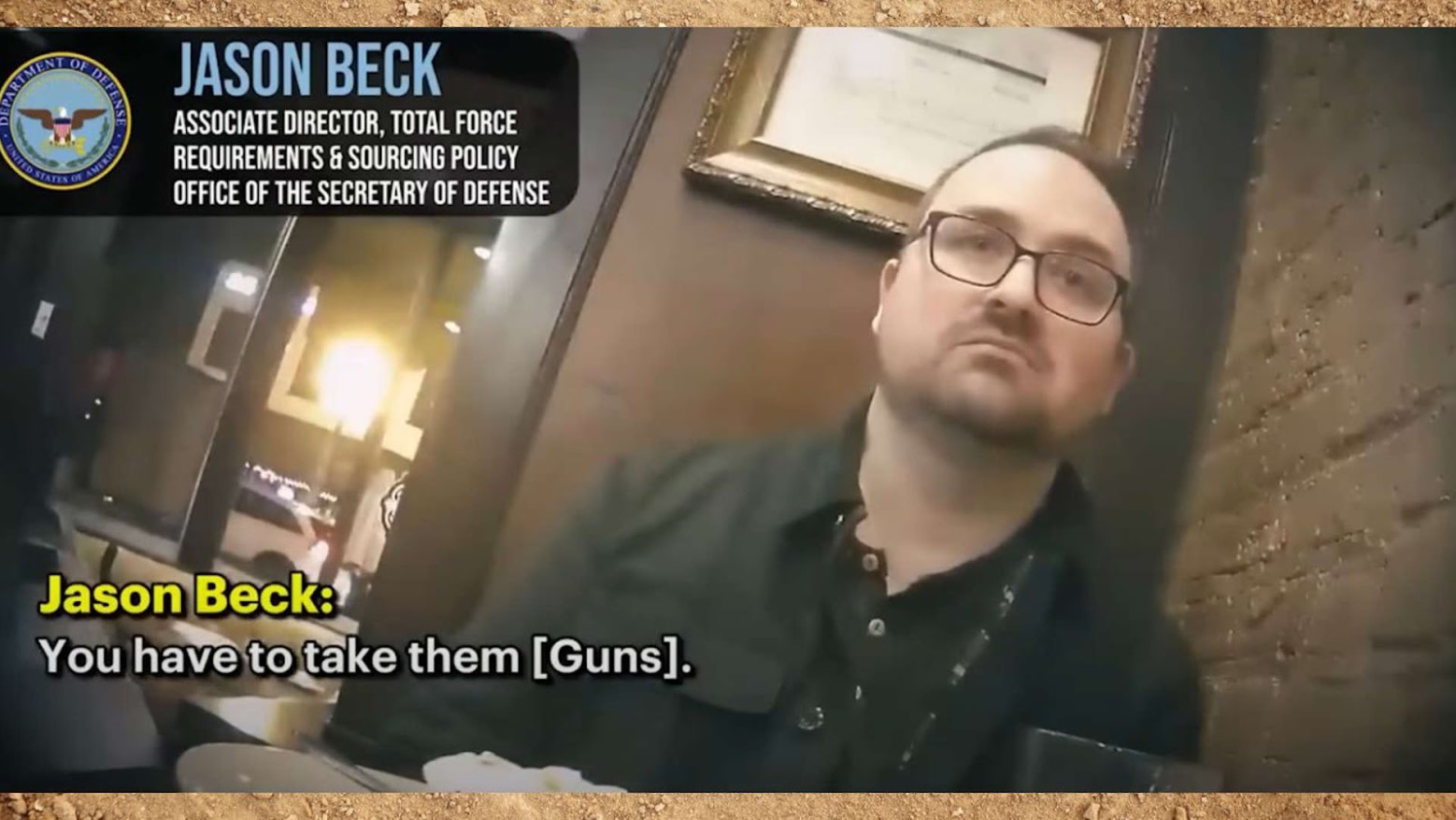
This particular “interview” is shocking for two reasons. One, the interview was done in secret, apparently in a casual setting — a signature of O’Keefe’s brand of investigative journalism.
Two, the subject of the interview is a seemingly high-ranking government official. Identified as Jason Beck, the subject works for the DoD as an “associate director.” And he has plenty of strong opinions on gun control.
Repeal the Second Amendment
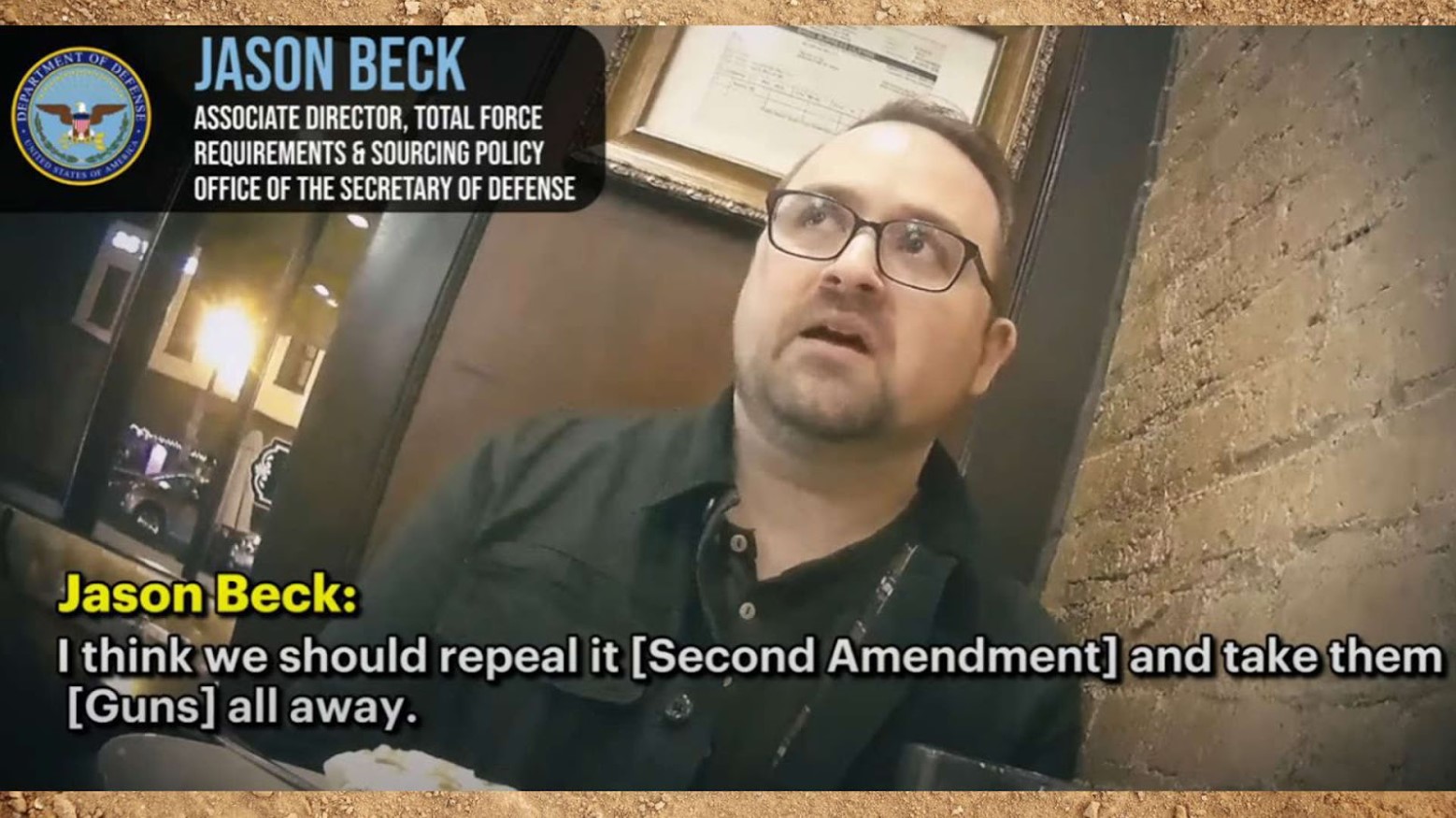
Beck proposed to repeal the Second Amendment. He wanted the government to take all the guns away, highlighting a fundamental disagreement with some principles in the Constitution.
He suggested the confiscation of firearms be done through the National Guard. This suggestion can be seen as somewhat aligning with the main function of the National Guard. But in what scope?
U.S. National Guard’s Function

The National Guard has both state and federal responsibilities, but its primary function is to respond to domestic emergencies like natural disasters and civil unrests. It also routinely supports military ops overseas.
If the National Guard is mobilized to confiscate firearms, Beck’s suggestions might just allude to an uncomfortable notion: that using firearms in America is akin to inciting unrest.
Evoking Comparisons
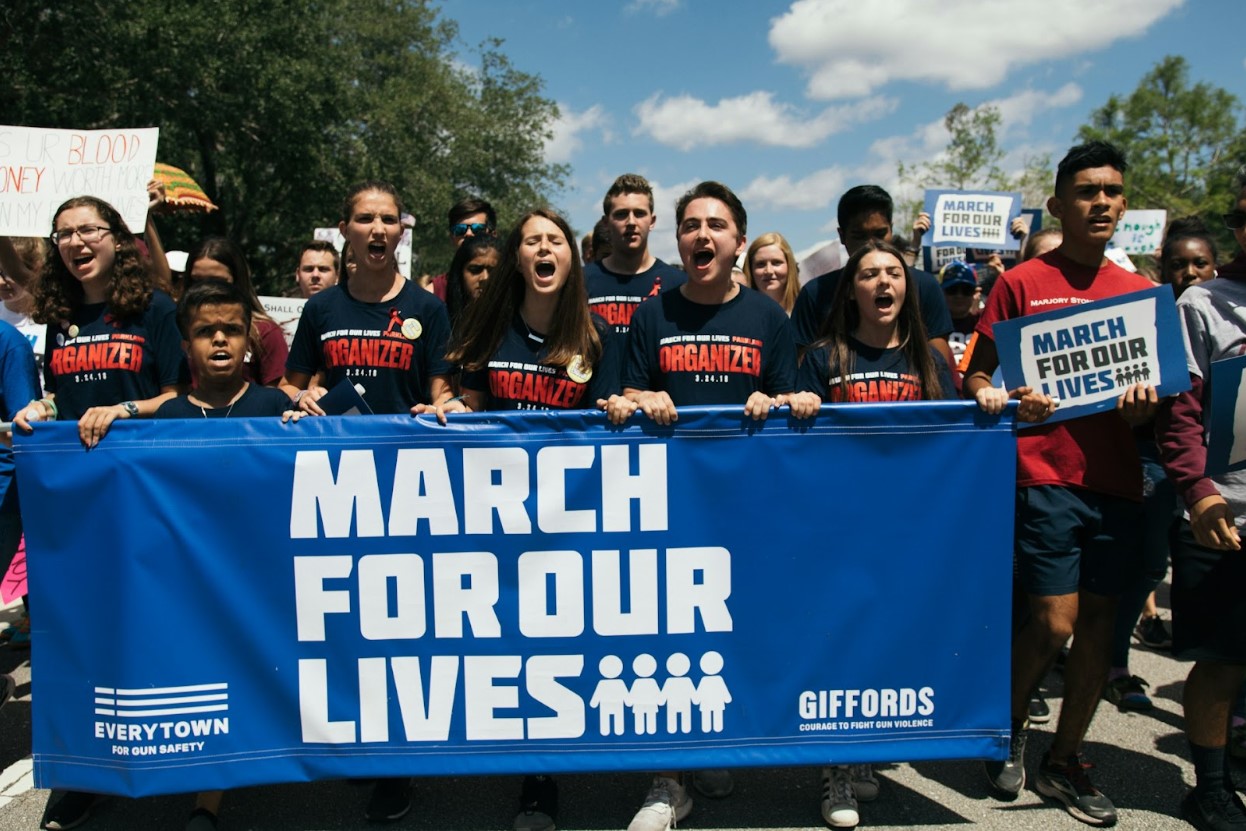
The proposal also uncomfortably evoked comparisons to historical occurrences where the government intervened, often violently, in civil matters.
Another thing that can’t be ignored is the legal and ethical consequences of using military force against law-abiding citizens. In an era where police brutality is a major issue, this concern about individual rights and government overreach is completely valid.
An Unbalanced Act
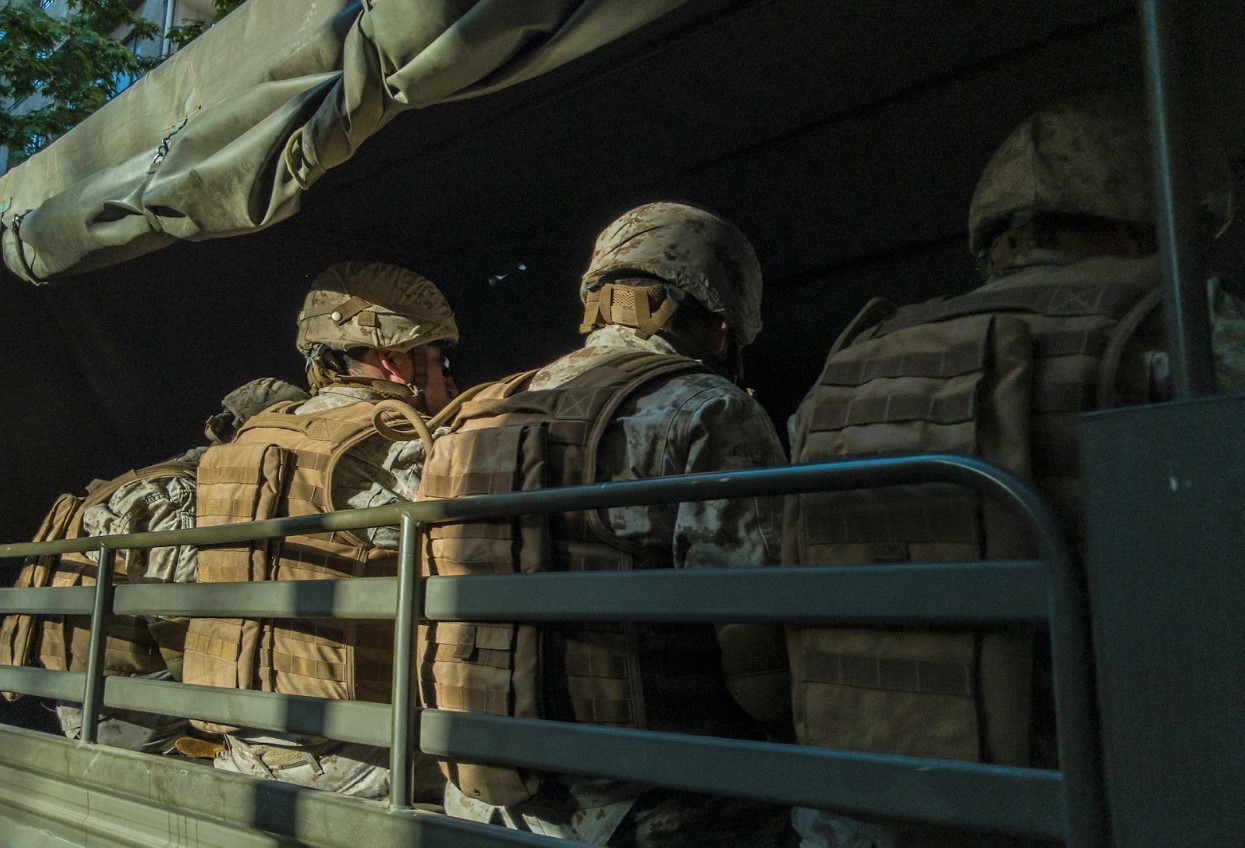
Beck’s insistence on using the National Guard would make you question the military’s responsibility in upholding the Constitution. Should the military even be allowed to wield that much power in a democratic society?
This question also highlighted the tension between obeying lawful orders and respecting individual rights. Where does one draw the line, and who is responsible for the fallout?
Goodbye, Civil Liberty?
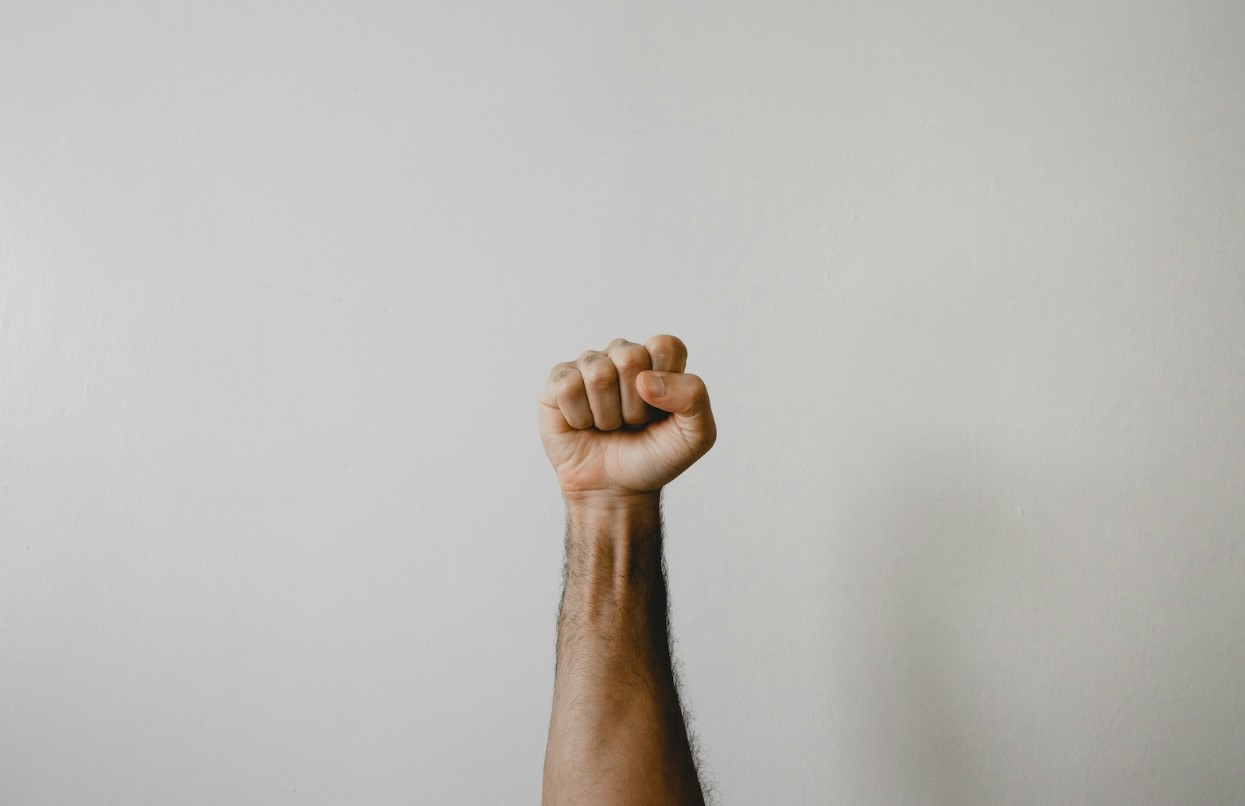
Another question that arose from this pseudo-interview was Beck’s advocacy for strengthening the government’s “monopoly on violence.” Then, what’s the balance of power between the country’s government and its citizens?
In a place where the government is the only one allowed to use force, a democratic society no longer exists. What exists, instead, is authoritarianism. And that’s a disturbing thought, indeed.
Forcing the Supreme Court to Act

Beck went as far as to suggest packing the Supreme Court to rule in favor of gun control. This depicted a bigger picture on how to achieve an objective on policy: through judicial means.
But this also means the courts are being manipulated in favor of certain parties, which undermines the people’s constitutional rights. The idea is, once again, discomfiting because the courts are meant to maintain judicial independence.
Not Completely Impossible
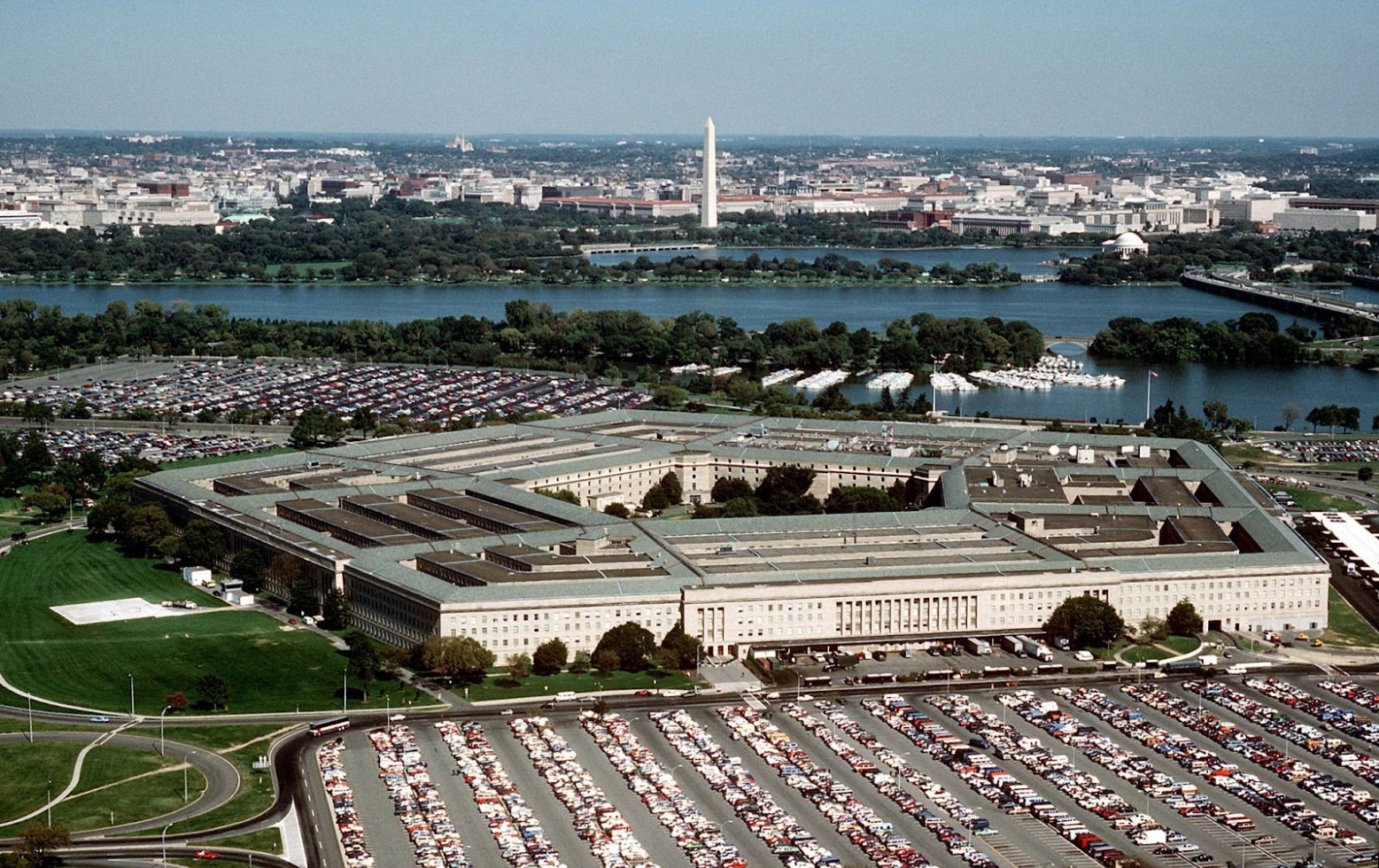
It’s easy to dismiss Beck’s idea and proposal as far-fetched and impossible, but there may be a grain of truth in it.
And what’s more disturbing is that Beck’s remarks seemingly represented the perspectives of high-level officials in the DoD. FYI, the Department of Defense is the one of the largest employers globally (employing 2.87 million people, including 1.34 million service members on active duty.)
Bias and Overreach
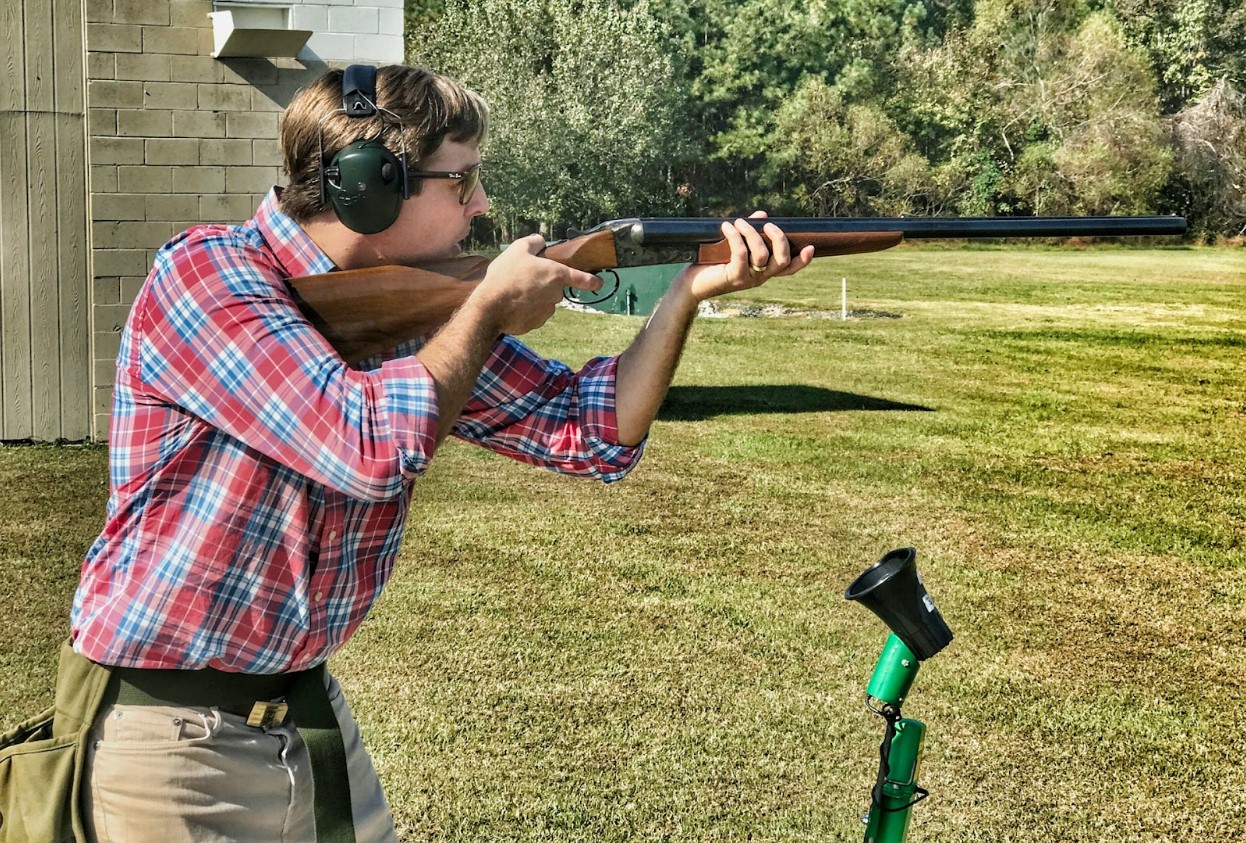
Moreover, certain circles in the government (not just the DoD) seem to hold no regard for the Second Amendment. These are the ones who truly believe that the government should “monopolize violence” — bad news for individual liberties and rule of law.
So, whether Beck is a lone wolf in his anti gun views or part of a wider sentiment within the government, his statements indicate troubling signs of government overreach and ideological bias.
Questions to Think About

Before drawing your conclusions, it pays to remember once again that O’Keefe is a far-right activist whose journalistic practices are questionable. Portrayal of his interview subjects may not represent the entire truth.
However, this particular video does raise some important questions. Whether you agree with strict gun control or not, questions about the government’s role in the citizens’ civil rights and liberties must not be ignored.
Armed With Facts

The one way out of this is to arm yourself with facts from trusted sources. Research has been made about gun-related deaths in the U.S.
The CDC counts firearm mortality by state up until 2021. Various statistics on the topic are available online. All these numbers help you decide your stance with a clear head.
Gun Control in America
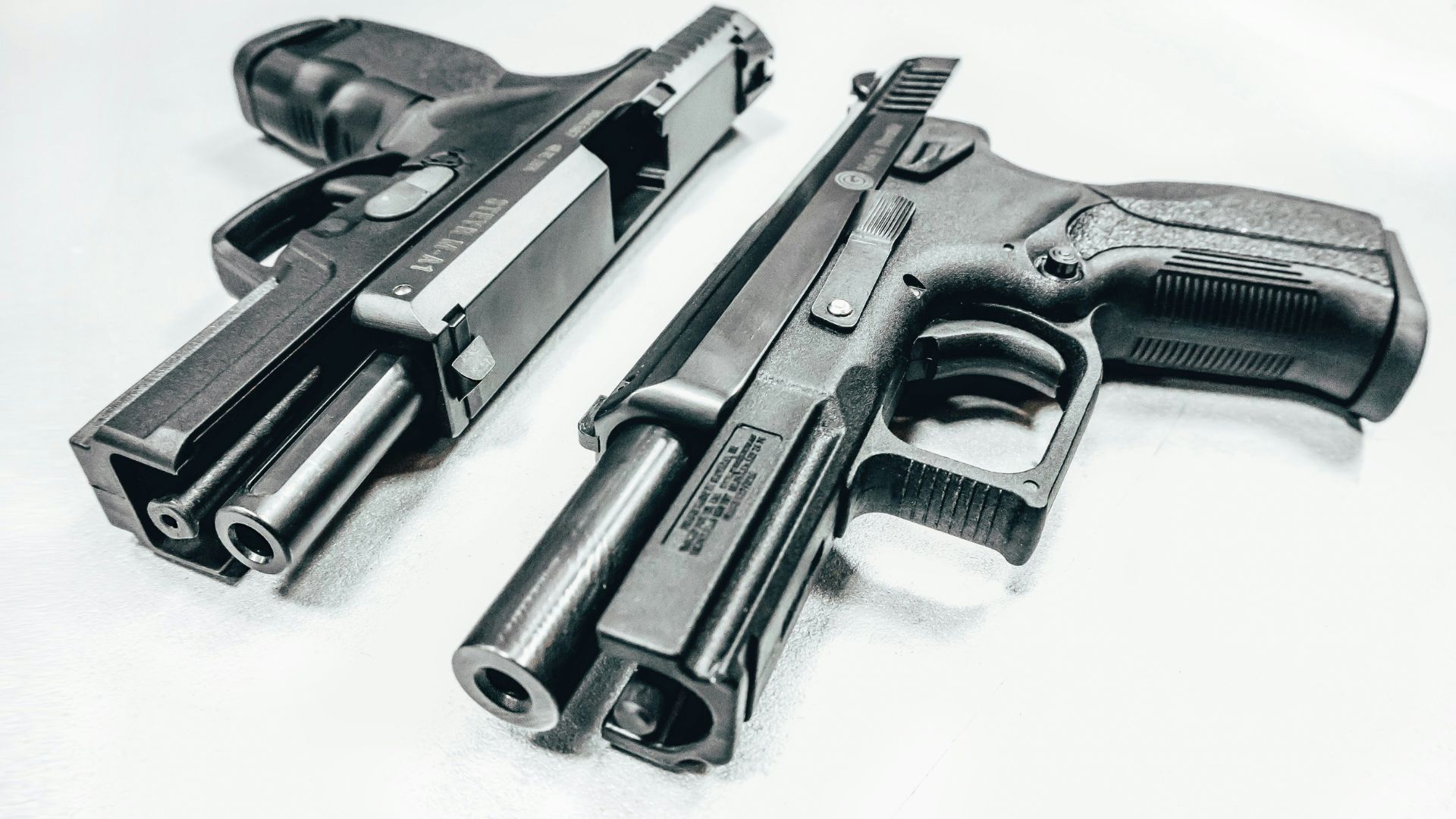
Gun control in the United States has evolved through significant legislation over the years. From the early days of the republic, where regulation was minimal, to the current debates sparked by rising gun violence, the trajectory of gun laws reflects changing national priorities and concerns.
Key acts like the Gun Control Act of 1968 marked pivotal changes, aiming to regulate firearms at a federal level.
Major Mass Shootings and Their Impact on Legislation
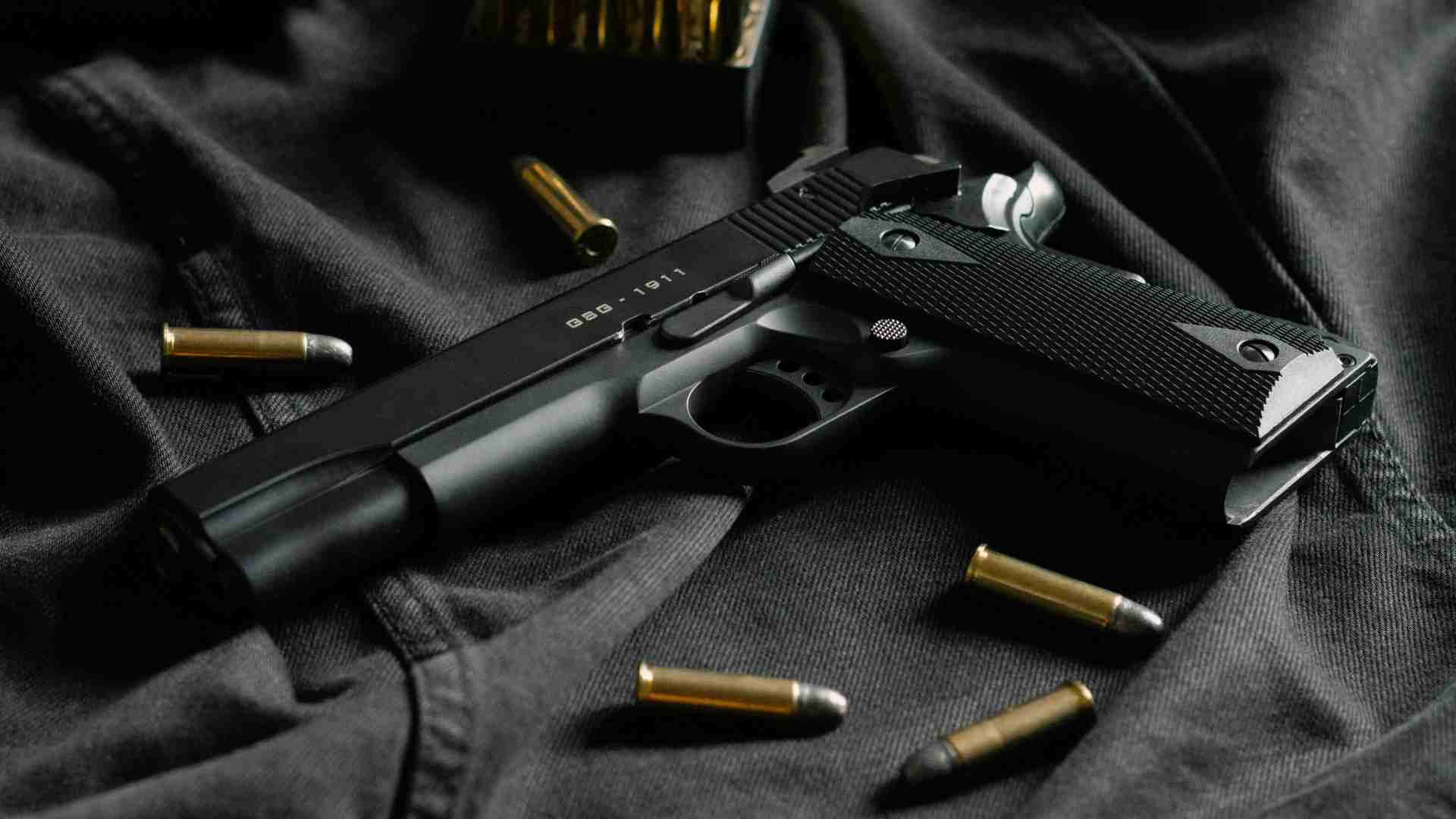
The Columbine High School massacre in 1999 ignited a national debate on gun laws, particularly concerning firearms accessibility to youths.
Similarly, the Virginia Tech massacre in 2007, which remains one of the deadliest shootings in U.S. history, led to a significant overhaul of the national background check system to close critical loopholes.
Sandy Hook Elementary and Aftermath
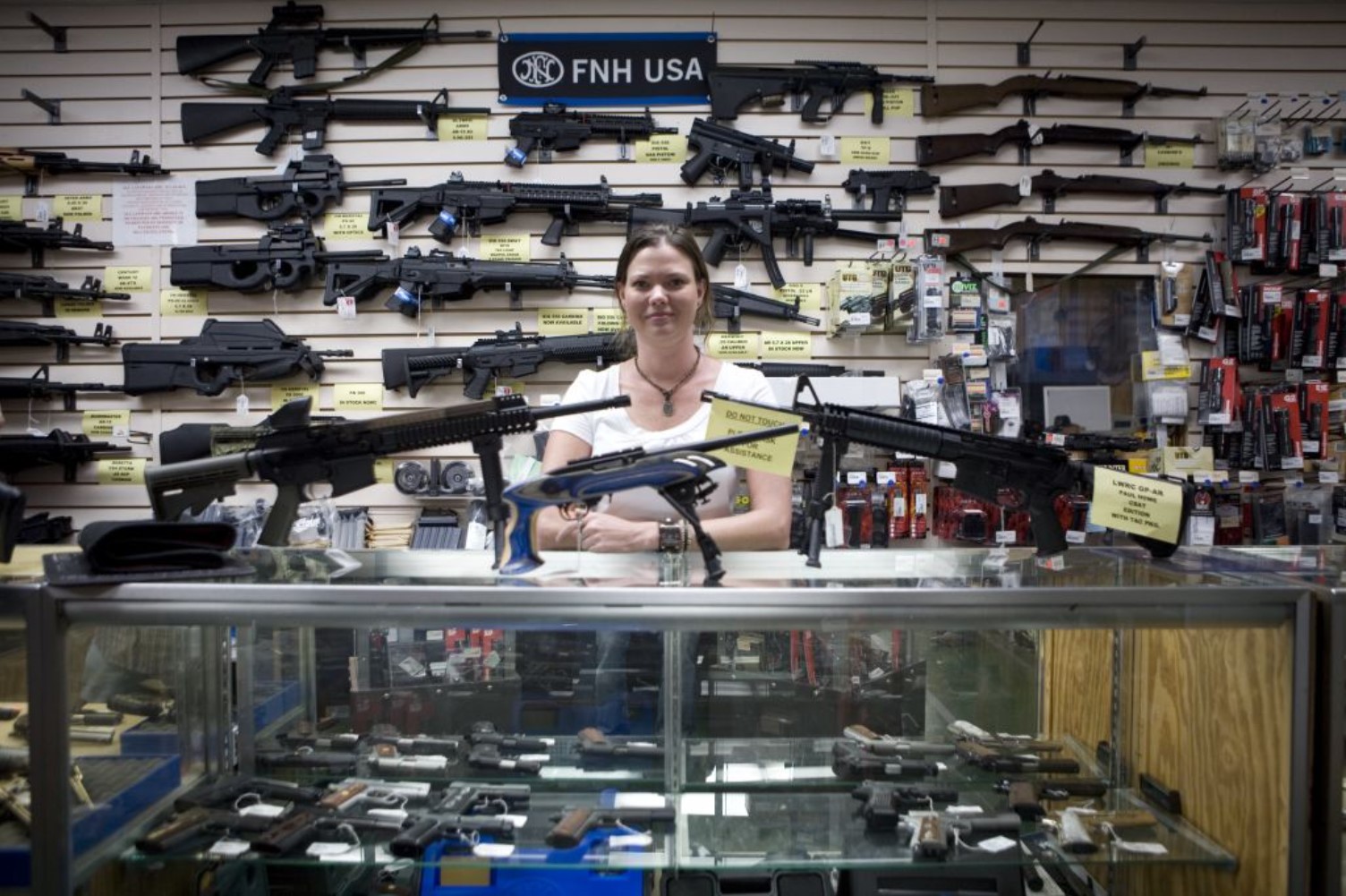
The tragedy at Sandy Hook Elementary in 2012, where 26 lives were lost, shook the nation and spurred a wave of legislative proposals aimed at tightening gun control.
Despite the profound public impact, federal legislative efforts faced substantial obstacles, highlighting the complex politics surrounding gun law reform in America (via Brookings).
Las Vegas Shooting: A Turning Point?

The Las Vegas massacre in 2017, the deadliest shooting by a single individual in U.S. history, brought the issue of bump stocks into the national spotlight, leading to a rare regulatory agreement.
The incident spurred discussions on not only device bans but also broader issues of hotel security and surveillance (via Michigan State University).
Parkland Shooting and Rise of Youth Activism
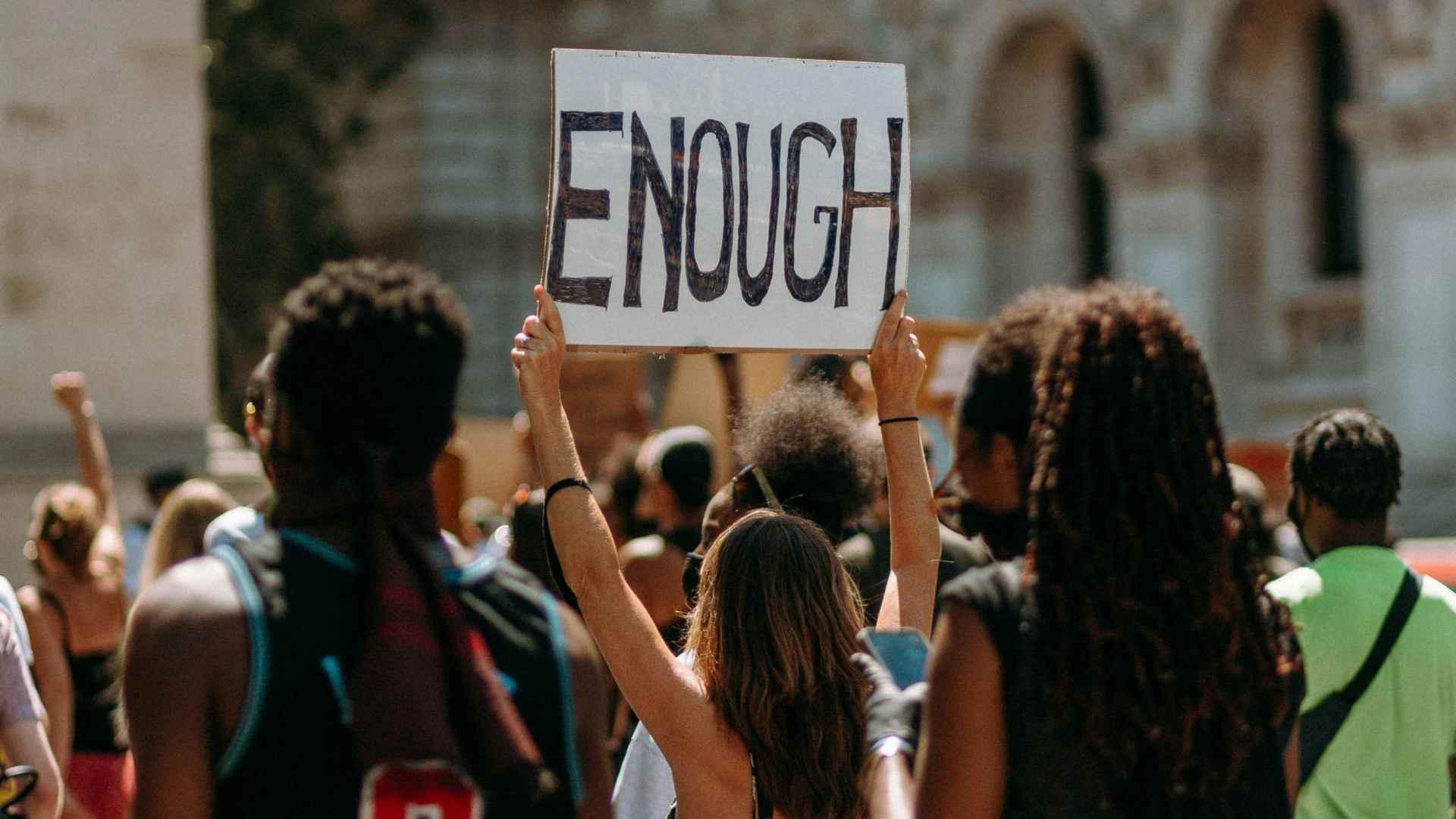
After the Parkland shooting in 2018, survivor-led activism surged, marked by the emergence of movements like “March For Our Lives.”
This youth-driven push for gun control led to significant legislative changes in several states and brought new energy to the national dialogue on gun safety.
Historical Comparisons: Prohibition Era

During the Prohibition era, widespread violence linked to bootlegging underscored the need for firearm regulation, leading to the National Firearms Act of 1934.
This law was a foundational shift towards regulating the types of weapons accessible to the American public, particularly targeting gang-related weaponry.
Comparison with Other Countries: Australia

Following the 1996 Port Arthur massacre, Australia implemented stringent gun laws and a massive gun buyback program (via The Guardian).
These measures have led to a significant decrease in gun-related homicides and are often cited in U.S. debates as a successful example of comprehensive gun control policy.
The United Kingdom’s Efforts
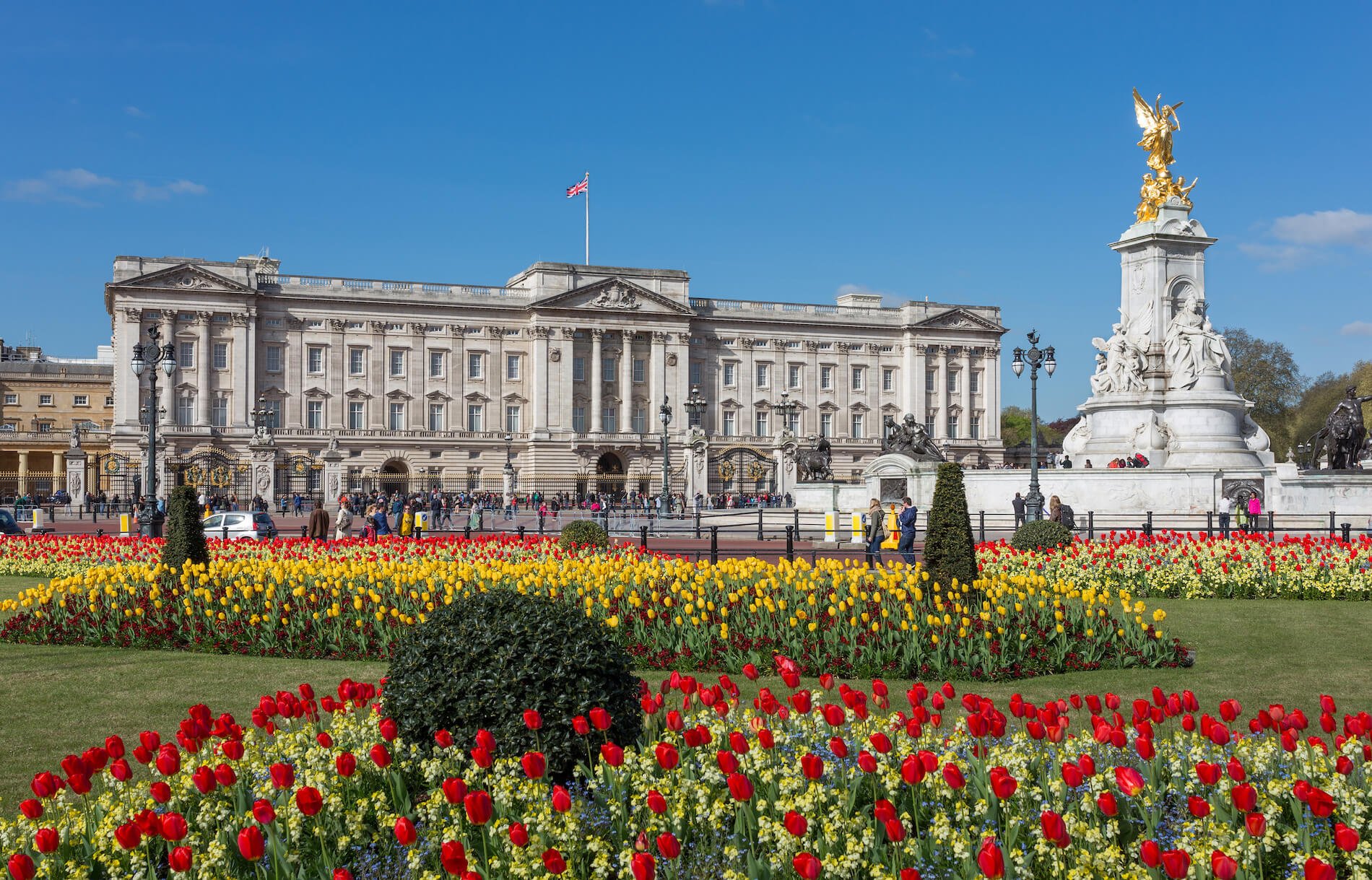
The United Kingdom tightened its gun laws following the Dunblane school massacre in 1996 (via Smithsonian Magazine).
The resulting legislation, which virtually banned handguns, has since been associated with a low rate of gun crimes in the UK, contrasting sharply with U.S. statistics.
Japan’s Strict Rules

Japan’s gun control laws are among the strictest in the world (via CNN), reflecting a cultural stance that prioritizes public safety over gun ownership.
These laws have resulted in remarkably low levels of gun violence, showcasing a model of stringent regulatory control.
Gun Control vs. Gun Rights
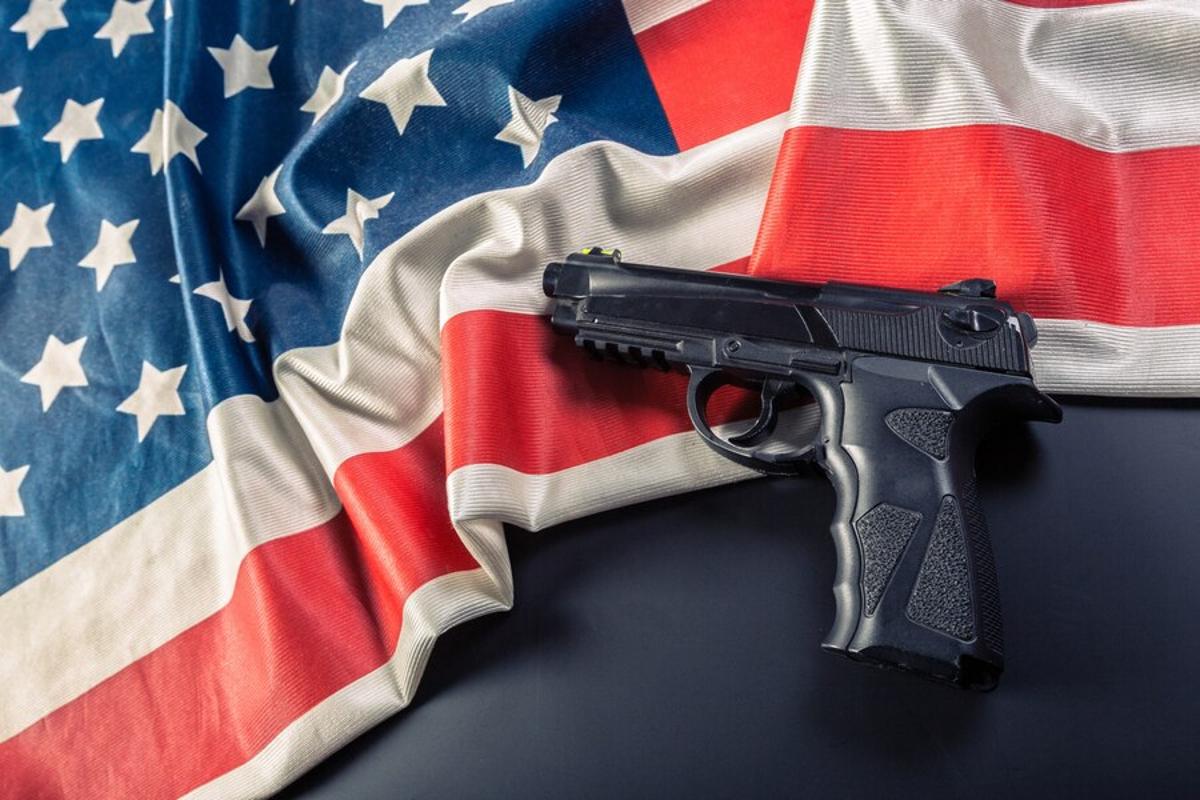
The American debate on gun control vs. gun rights continues to be polarized.
Proponents of gun control argue for comprehensive background checks and restrictions on firearm types, while gun rights advocates cite the Second Amendment to oppose broad regulations, emphasizing self-defense as a fundamental right, viewed from a more black-and-white perspective.
Technological Innovations in Gun Safety
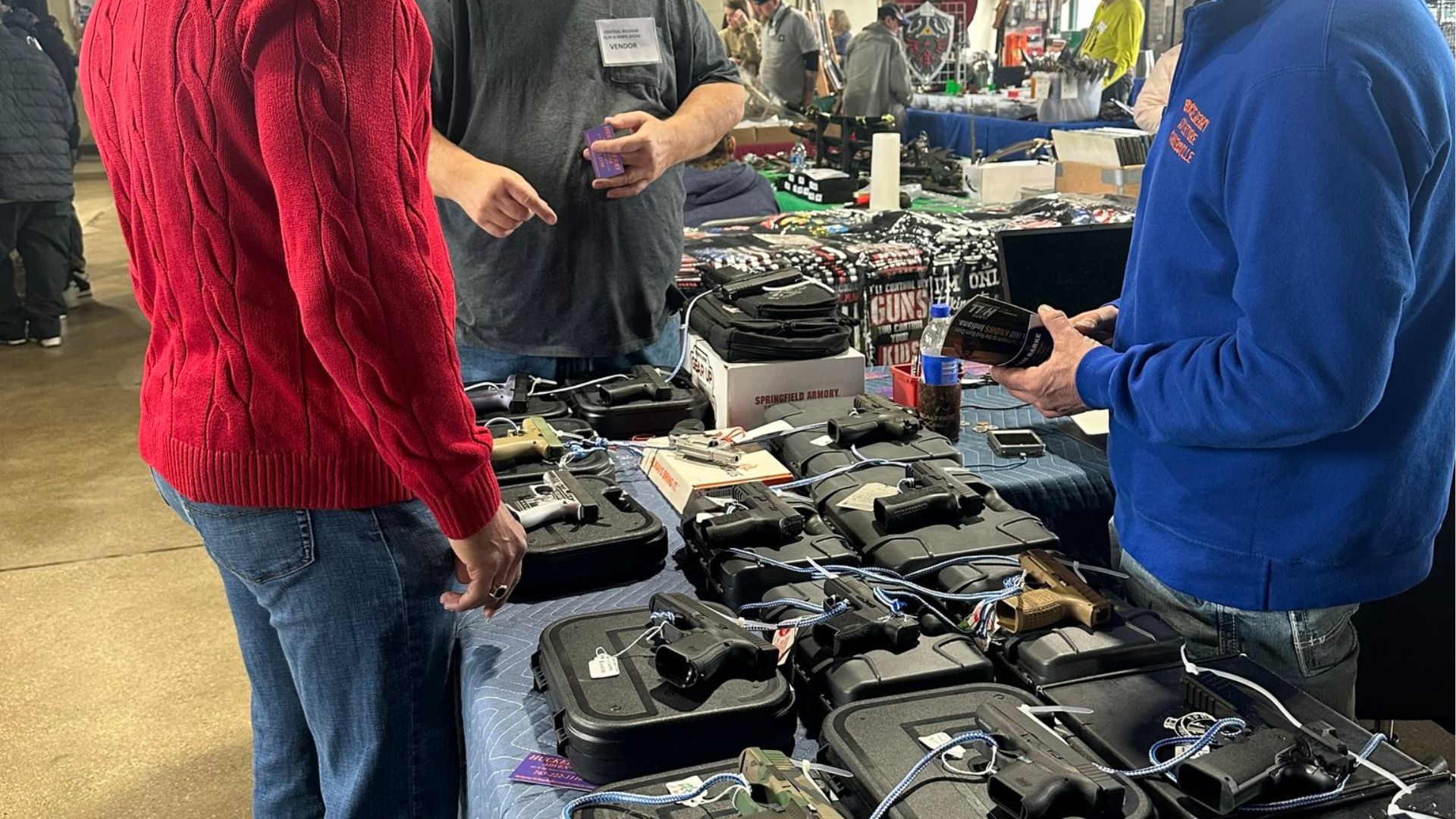
Technological advances, such as smart guns, which can only be fired by verified users, could offer the potential to enhance firearm safety (via Everytown Research).
These innovations could help reduce accidental shootings and unauthorized use, although they are met with skepticism from both sides of the gun debate.
The Future of Gun Legislation in America
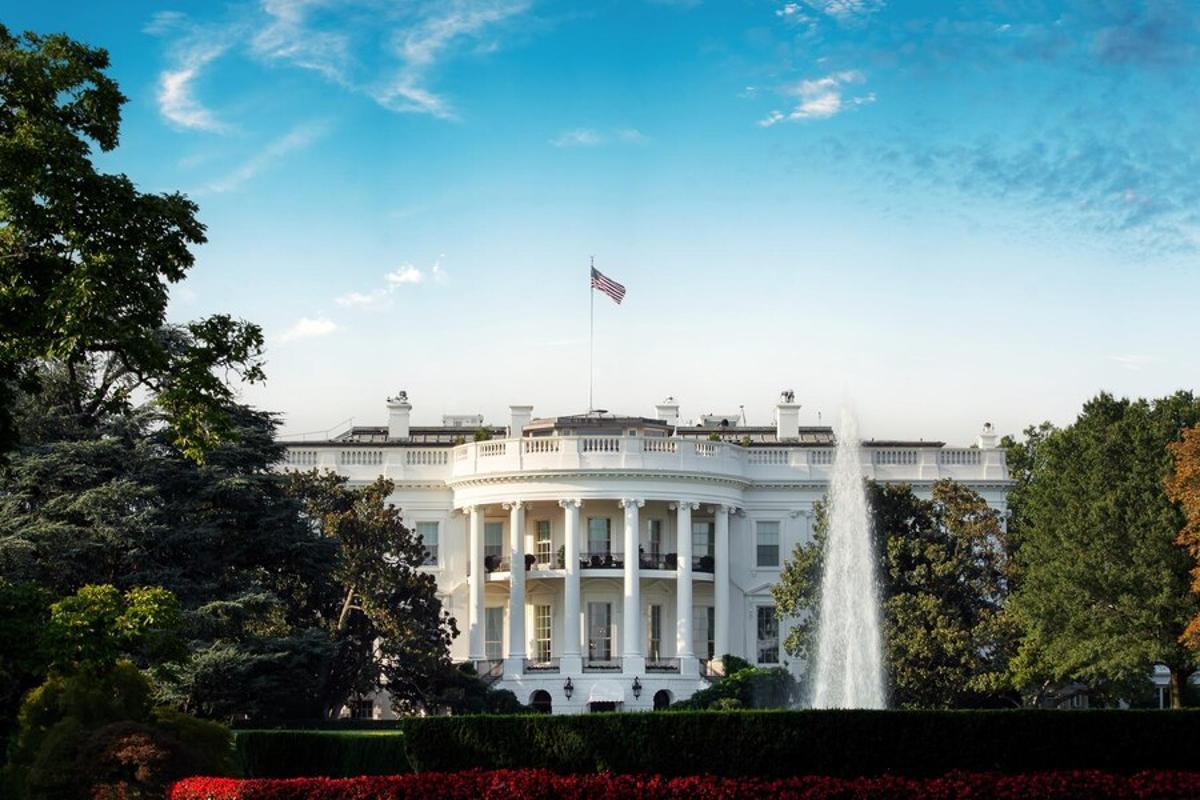
The future of gun legislation in America likely rests on the evolving public opinion and the effectiveness of political activism.
As the nation grapples with frequent mass shootings and ongoing debates, the push for stricter laws may gain traction, influenced by upcoming electoral cycles and shifting societal norms.
